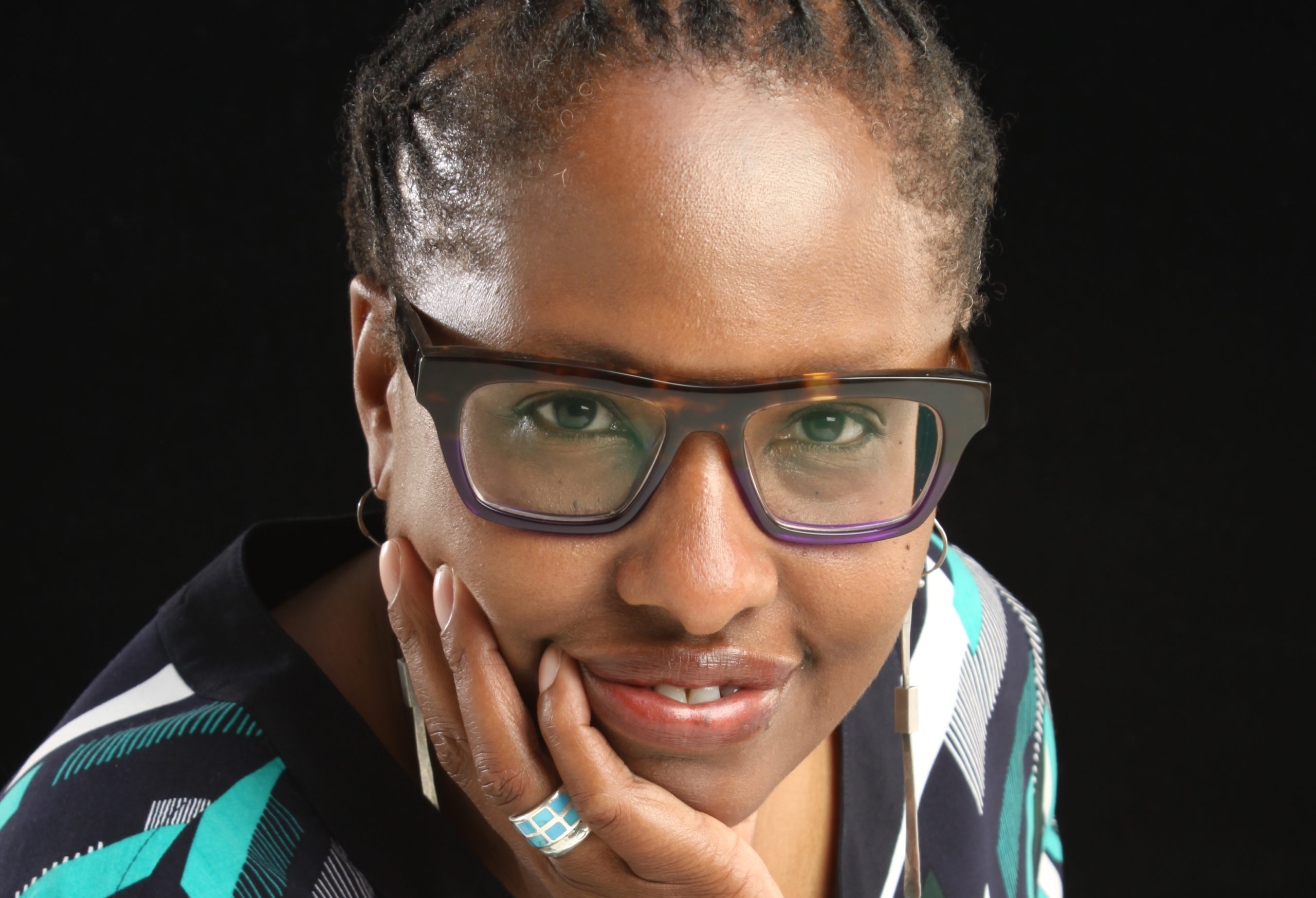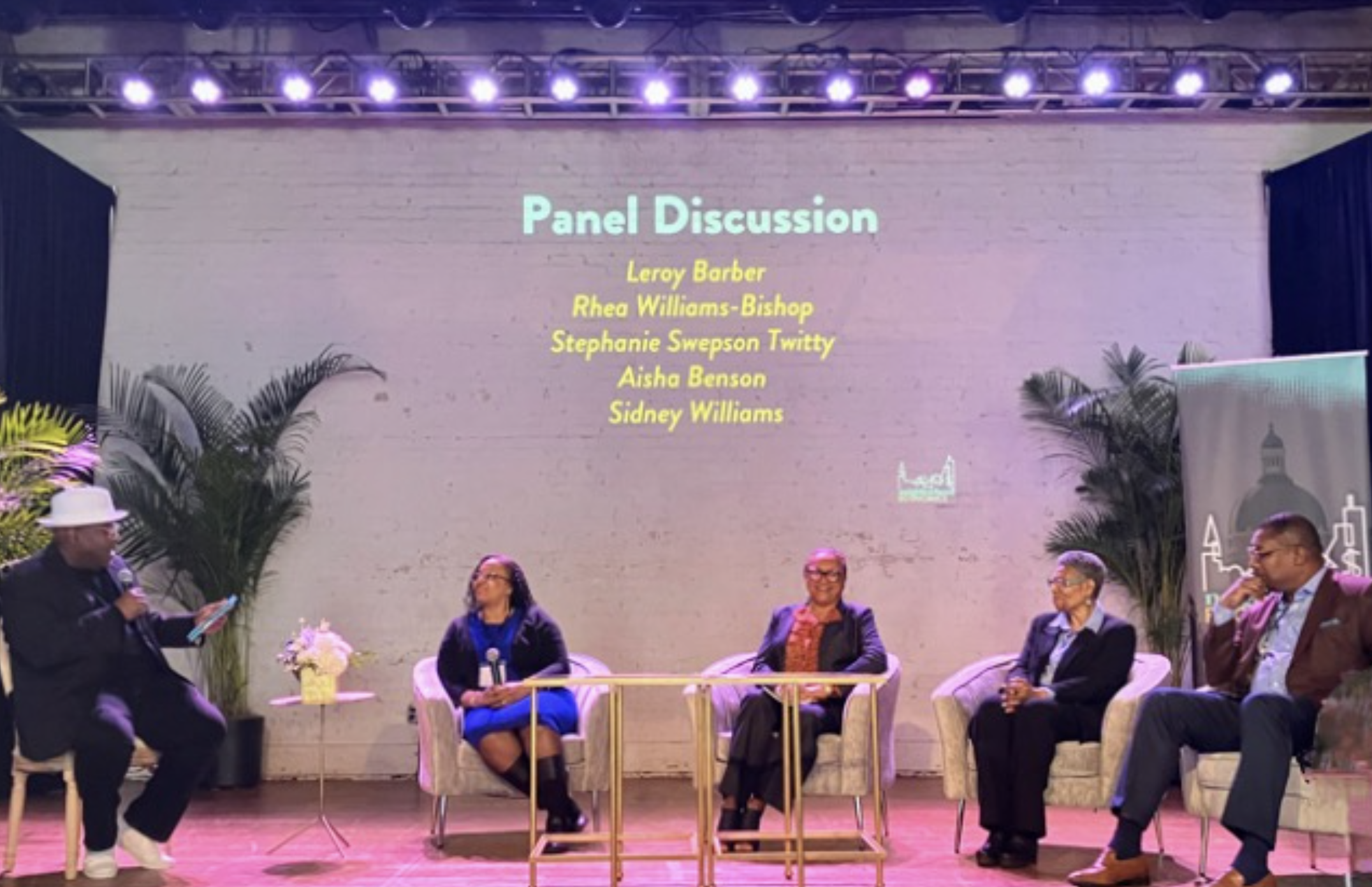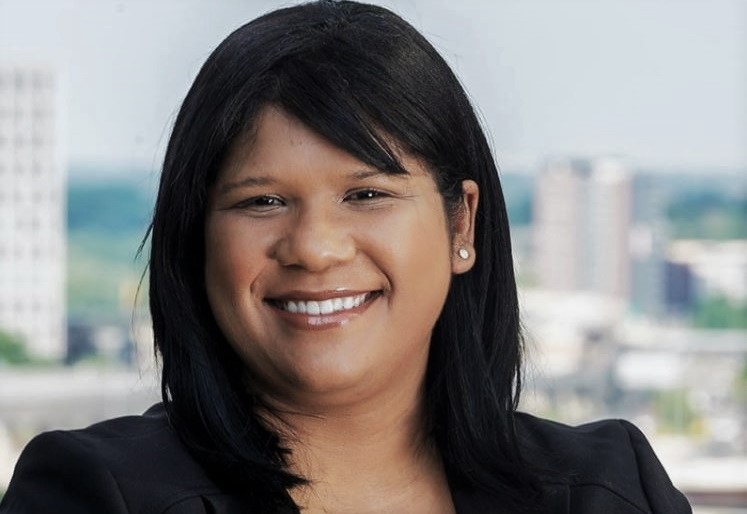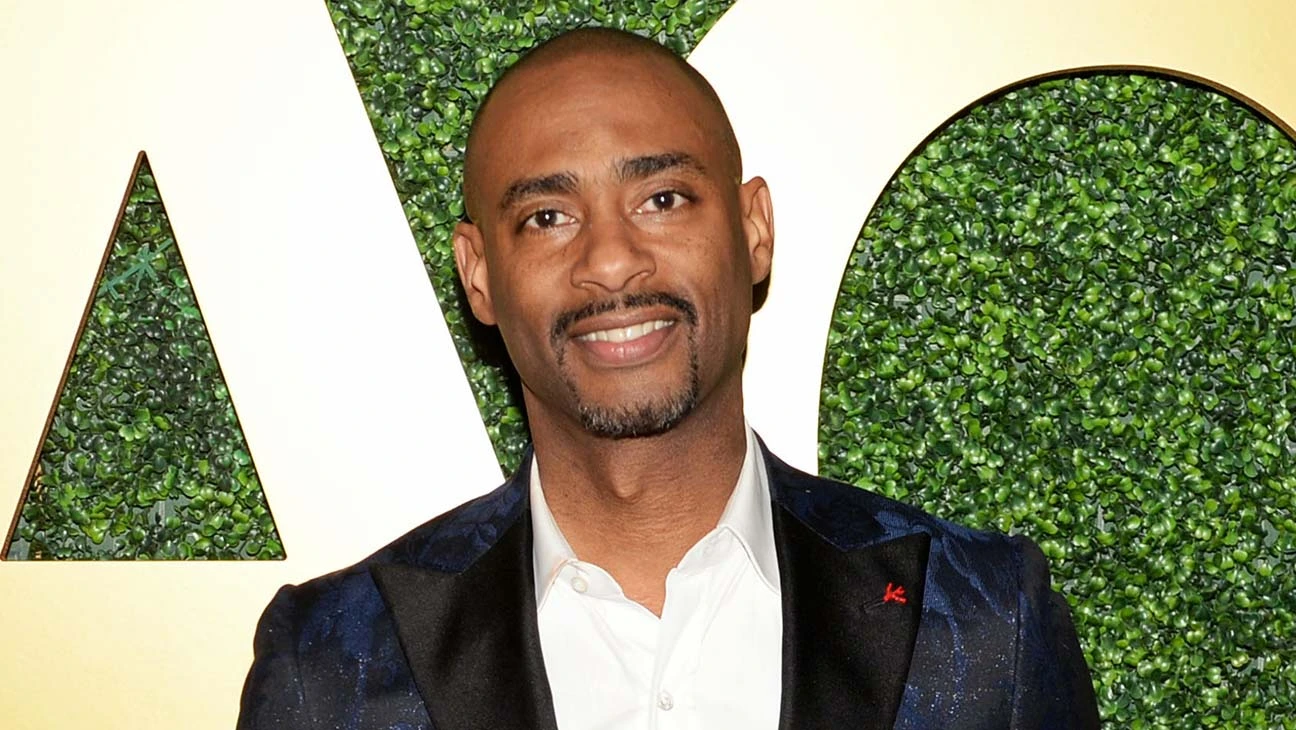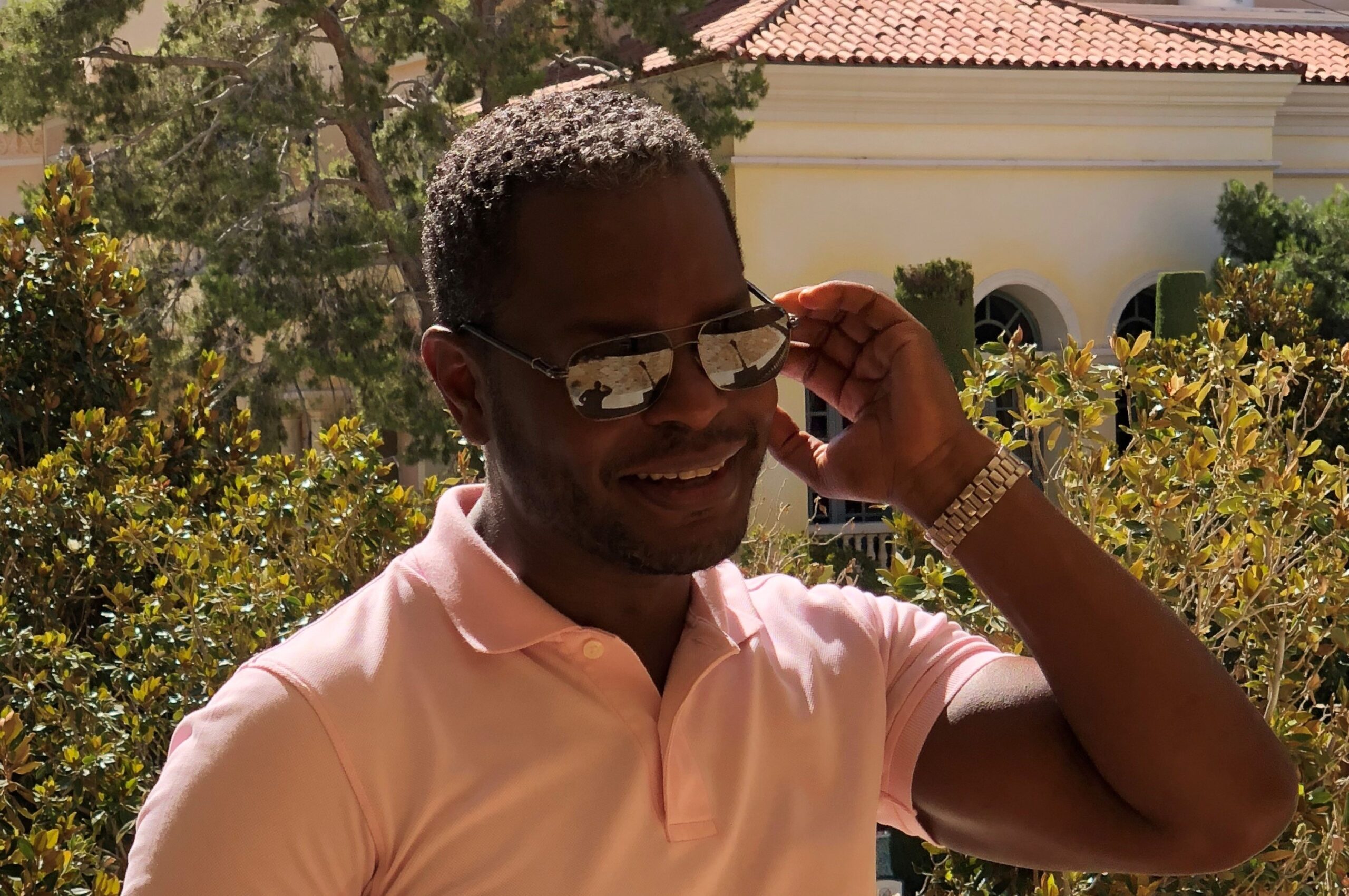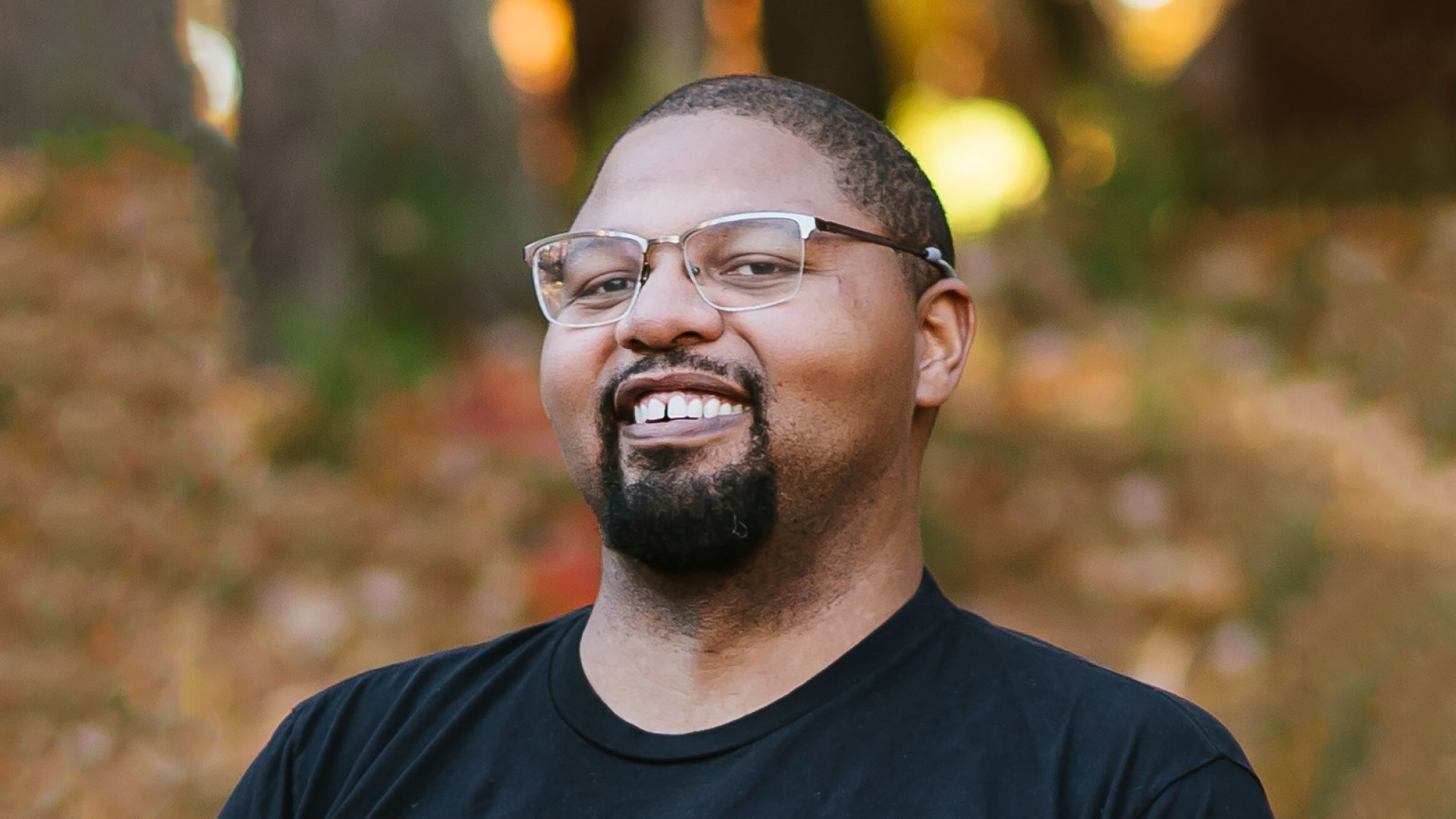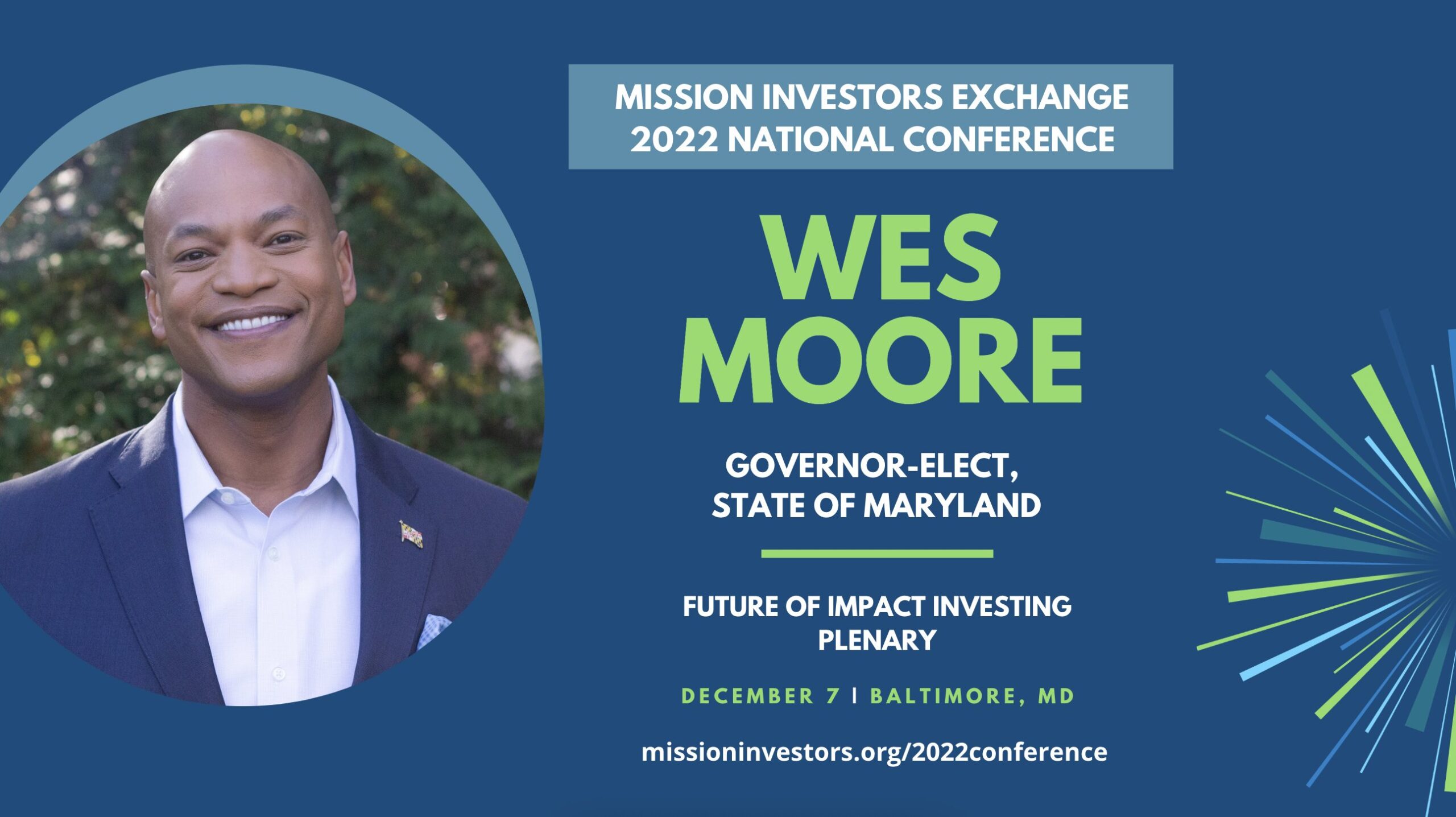ImpactAlpha, June 1 – The recovery from both the COVID pandemic and the long legacy of racism in the U.S. presents an opportunity for a new normal that centers Blackness to re-create culture and systems that work better for all.
“We haven’t thought about everything that diminishes Black life and what that has meant, how that has blocked our potential and caused immense suffering and riddled our bodies,” Anne Price of the Insight Center for Community Economic Development tells host Monique Aiken on this week’s episode of The Reconstruction podcast from ImpactAlpha.
Amid the pandemic and the racial-justice uprising following George Floyd’s murder, Price, with colleagues Jhumpa Bhattacharya and Dorian Warren, last summer called for “a serious and sustained effort to center Blackness and the Black experience as a necessary strategy to ensure economic liberation for all Americans.” Centering Blackness in the U.S. became a founding principle of The Reconstruction podcast series, which launched in January to connect people and ideas moving capital towards justice.
On the podcast, Price talks about how American policies, systems, and behaviors affect Black people, recognizing that the default focus on whiteness has systematically led to the exclusion, marginalization, and dehumanization of Black people most of all. The dehumanization of Black life separates white people from their humanity as well, says Price. “I think that centering Blackness creates space for all people to be seen, and that can be restorative.”
Unpacking the status quo
Price, the first woman president of the Insight Center, has worked at the intersection of racial and economic justice for 25 years, including on the Insight Center’s Closing the Racial Wealth Gap Initiative. She is also a fellow at the Roosevelt Institute and board chair at United for a Fair Economy.
Price has pushed for narrative change in addressing race, gender and wealth inequality for years, drawing on research and historical analysis to reveal the long-lasting damage of false myths that perpetuate racist beliefs, policies, and social outcomes.
Examples of pernicious and toxic myths that the Insight Center and Price have written about include the myth of the “welfare queen,” which was popularized by Ronald Reagan, and the myth that “hard work,” better education, or financial literacy are the answer to closing the racial wealth gap.
These and other myths have systematically perpetuated racist perceptions that Black people are not hard workers, are not deserving of fair wages, or are “defective,” sabotaging advocacy efforts that fight for a fair economy. Villainization and the tenacious grip of toxic messages, explains Price, systematically distract Americans from honest examination of racist policies and the real root causes of health and social outcomes that ultimately harm us all.
“The fundamental harm in this country really is anti-Blackness, which is the dehumanization of Black people,” says Price. “If we want true liberation, we have to solve for the fundamental harms, and build for a future beyond them.”
The philosophy of centering Blackness is a response to America’s anti-Black culture and the fact that it currently centers whiteness, she says. “The way that we center whiteness in our society actually divorces white people from their own humanity,” Price remarks.
The idea that whiteness is better – more intelligent, more beautiful, and more human – is a crafted social construction that began taking root after the1500s. While social hierarchies pre-dated that time, including those based on religion, caste, and ethnicity, the United States of America as it exists today was founded on the principles of racial hierarchy, which is entangled deeply into its culture, policies, and uniquely brutal practices of capitalism.
Without directly addressing the pervasive anti-Blackness ingrained in America’s social fabric, even well-intentioned programs and policies that seek to advance racial equity will implement misguided solutions and fail.
“We can be in conversations about racial equity, and not ever talk about racism,” says Price. “I’ve seen those conversations happen in a way that [they don’t get] to what I think racial equity is all about, which is root causes.” Talking about anti-Blackness as a foundation in our nation “allows us to get to a truth that we haven’t been able to really grapple with.”
Centering Blackness centers us all
What centering Blackness doesn’t mean, however, is perpetuating racial hierarchies in a different way. “We’re not simply saying that we want to replace one model of racial hierarchy, that privileges whiteness, with an equally hierarchical kind of Blackness. If we’re centering Blackness, we see the inherent harm in that ladder. And we’re trying to address for that” hierarchy itself.
Take Medicaid, a federally funded program designed to provide adequate health insurance and healthcare to low-income people. While the Affordable Care Act (ACA) increased access to Medicaid funding for all states, many Southern states chose not to access it. The lack of access to adequate healthcare affects all lower-income people, regardless of race. Early research suggests that states that chose to access this Medicaid funding see both reduced racial disparities in health outcomes and better health outcomes among lower-income people overall.
“Centering Blackness really allows us to see ourselves in another way. To see our humanity in ways that we haven’t before,” Price reflects. “So I see it as very inclusionary. I see it as a means to build multiracial solidarity, because we can all look at anti-Blackness and how it plays out, no matter where we’re from, and how we got here in this country.”
Reconciliation and healing
Without authentically acknowledging and understanding past harms, we cannot rebuild trust, foster greater solidarity between groups, and heal, says Price.
“I think about James Baldwin, when he says, ‘Whatever white people do not know about Black people reveals precisely what they don’t know about themselves,’” says Price. “And when you don’t know yourself fully, how can you truly be whole? And so this healing is something that needs to happen collectively.”
In the wake of George Floyd’s murder, renewed commitments to truth, healing, and reconciliation processes began appearing in states and cities across the U.S. The W.K. Kellogg Foundation’s Truth, Racial Healing and Transformation offers a guide to support authentic change. Many in the United States refer to South Africa, which formed a Truth and Reconciliation Commission to confront and document the atrocities of apartheid.
Looking forward
It remains to be seen whether these processes in America will advance restorative change. About one year after the Insight Center’s team published their framework for centering Blackness, the rate of police shootings appear to remain unchanged. Many of the patterns in racial disparity related to the COVID-19 pandemic are also unchanged, worse, or repeating in the dissemination of vaccines. The pandemic has also exposed underlying structural inequities in U.S. labor markets that will disportionately affect women and people of color for years to come.
“We’ve seen how [women] have borne the brunt of this pandemic in so many ways, certainly being forced out of the labor market, how they’ve been caretakers in our communities in ways that have been extremely exhausting. The idea that we need to think about and be more women-centered in this recovery is so important for the future of this nation.”
In response, the Insight Center is focusing on the long-term consequences and root causes of gender and racial disparities in the labor market, and the collective, public investment needed to emerge from the pandemic without repeating past failures.
“We need a new normal,” Price says. “We can’t go back.”
This podcast is part of ImpactAlpha’s new podcast series, The Reconstruction. Host: Monique Aiken. Editor: David Bank. Producer: Isaac Silk. Special thanks to Lyneka Little and Cesar Chavez.
Find episodes of The Reconstruction podcast, and all of ImpactAlpha’s coverage of racial justice and inclusive prosperity, on The Reconstruction landing page.

